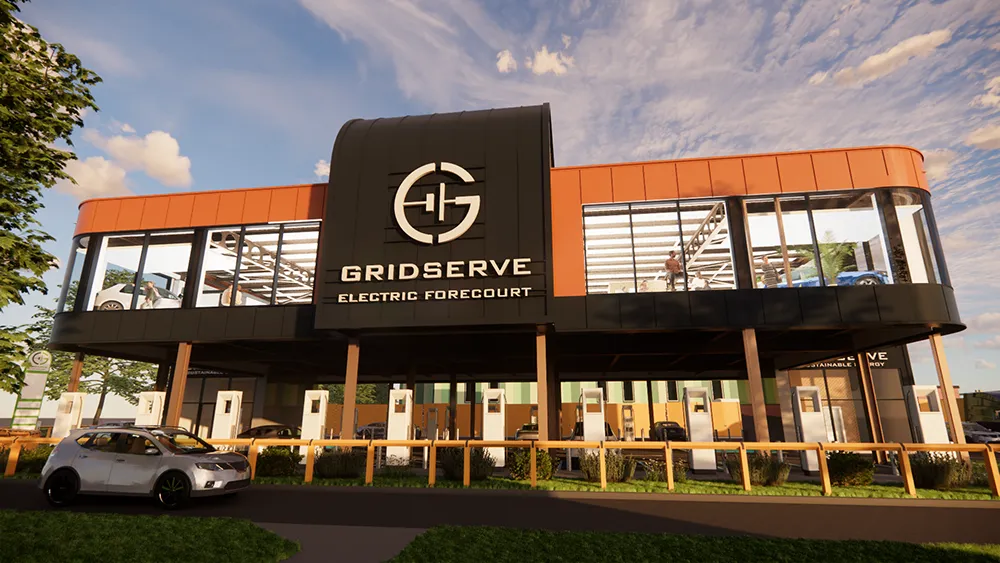Thousands of buses and taxis will be made greener and cleaner after the Transport Secretary confirmed a US$363 million (£290 million) investment to support low emission vehicles this week.
The funding will be invested in a number of projects, including: £150m for cleaner buses and taxis and US$100 million (£80 million) to improve the electric vehicle charging infrastructure. The Workplace Charging Scheme (WCS) is now open for applications.
US$25 million (£20 million) has also been allocated to an Adva
November 30, 2016
Read time: 1 min
Thousands of buses and taxis will be made greener and cleaner after the Transport Secretary confirmed a US$363 million (£290 million) investment to support low emission vehicles this week.
The funding will be invested in a number of projects, including: £150m for cleaner buses and taxis and US$100 million (£80 million) to improve the electric vehicle charging infrastructure. The Workplace Charging Scheme (WCS) is now open for applications.
US$25 million (£20 million) has also been allocated to an Advanced Renewable Fuel Demonstration Competition. This will provide grant funding, matched by the private sector, to build demonstration-scale advanced renewable fuel plants in the UK. This will target the decarbonisation of lorries and planes.
A further US$125 million (£100 million) will support plans to develop and test connected and driverless vehicle technology.
The funding will be invested in a number of projects, including: £150m for cleaner buses and taxis and US$100 million (£80 million) to improve the electric vehicle charging infrastructure. The Workplace Charging Scheme (WCS) is now open for applications.
US$25 million (£20 million) has also been allocated to an Advanced Renewable Fuel Demonstration Competition. This will provide grant funding, matched by the private sector, to build demonstration-scale advanced renewable fuel plants in the UK. This will target the decarbonisation of lorries and planes.
A further US$125 million (£100 million) will support plans to develop and test connected and driverless vehicle technology.









